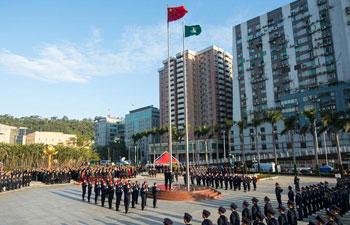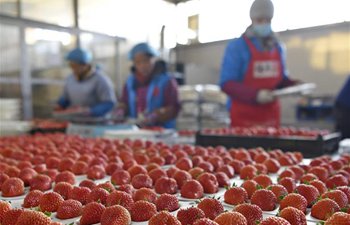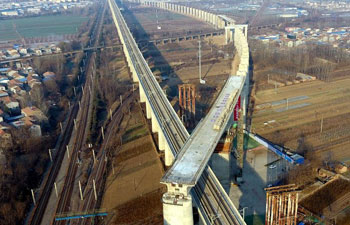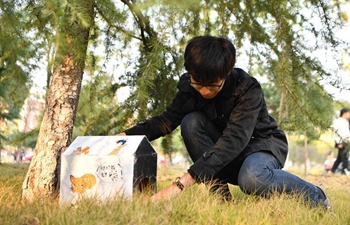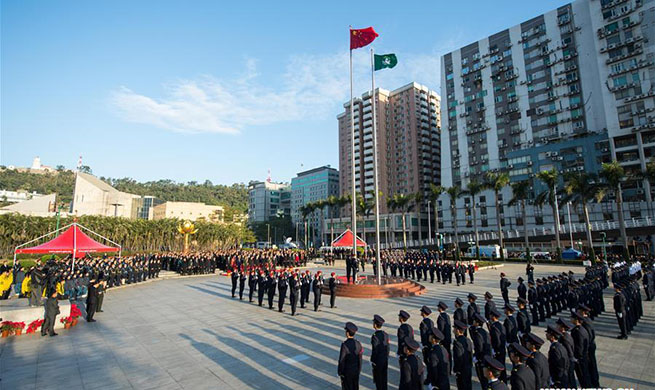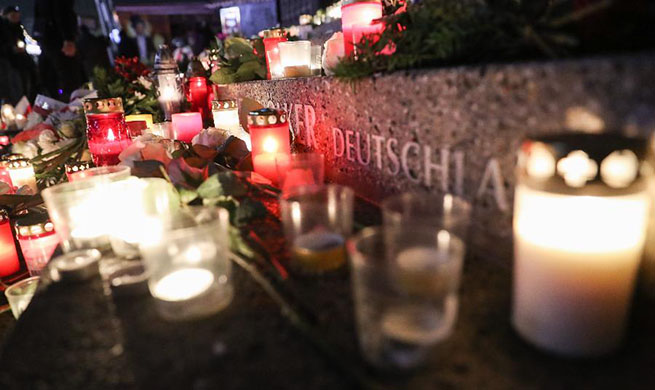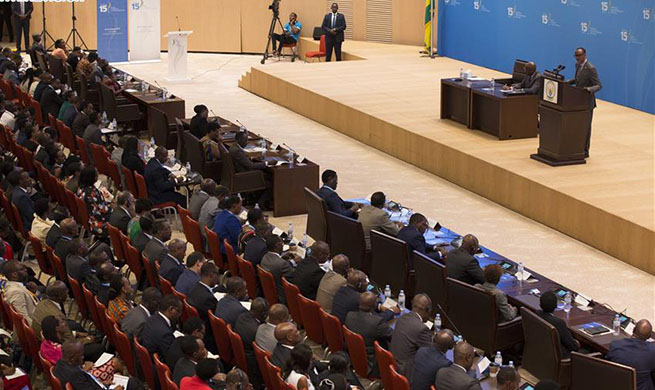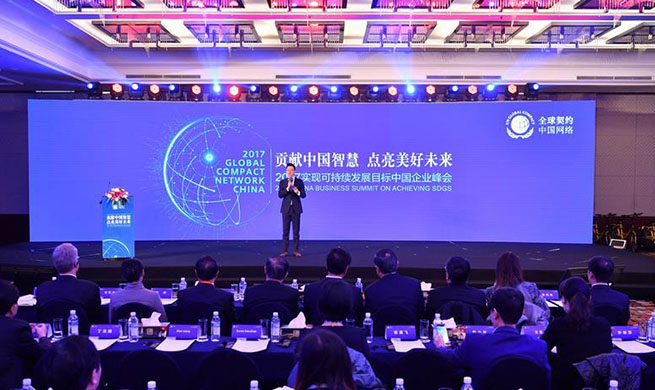DAMASCUS, Dec. 20 (Xinhua) -- Syrian President Bashar al-Assad said on Tuesday the economic siege imposed on Syria by the West has exacerbated the humanitarian crisis in Syria, amid an outcry by humanitarian organizations regarding the situation in a rebel-held area east of the capital Damascus.
"The economic siege, as well as the terrorist war, waged on Syria has exacerbated the humanitarian crisis in the country," Assad said during his meeting with Francesco Rocca, the president of the International Federation of Red Cross and Red Crescent Societies (IFRC), in the capital Damascus.
The Syrian president stressed that the government with all of its institutions is working to alleviate the suffering of the Syrian people as a result of the "crimes and inhuman actions committed by the terrorist groups."
Assad also spoke of the importance of boosting the cooperation between the Syrian government and the IFRC during the crisis.
The president's remarks came amid an international outcry for the situation in the rebel-held Eastern Ghouta region in the eastern countryside of Damascus, where fighting has intensified recently between the government and the rebels.
A day earlier, the ICRC said in statement that that it was alarmed by intensifying fighting in Eastern Ghouta, as it "is taking an unacceptable toll on everyday life in the area.
The ICRC also spoke of the "hostilities" some government-controlled areas have suffered from.
"The humanitarian situation in Eastern Ghouta has reached a critical point. As so often in Syria over the last six years, ordinary people are once again trapped in a situation where life slowly becomes impossible and where goods and aid are severely limited," said Robert Mardini, the ICRC's Middle East director.
The London-based Syrian Observatory for Human Rights monitor said on Tuesday that 212 people have been killed in Eastern Ghouta as a result of airstrikes and shelling since mid-November.
On the other hand, rebels' mortar shells from Eastern Ghouta killed at least five and injured dozens Tuesday.
Parts of the Eastern Ghouta region were included in the Russian-backed de-escalation zones' deal, but some areas are controlled by the Levant Liberating Committee, otherwise known as the al-Qaida-linked Nusra Front, and the allied al-Rahman Legion, which are excluded from the deal.
A few aid shipments were delivered to areas in Eastern Ghouta, but according to activists, the shipments were scarce and not enough for the 400,000 people in the area.
Earlier in the day, the UN Security Council approved the delivery of humanitarian aid across conflict lines in Syria for another year.
The council voted 12-0 to extend the mandate of the cross-border convoys.
Russian UN Ambassador Vassily Nebenzia, however, demanded changes in the resolution, saying the program "undermines the sovereignty of Syria."
For his side, acting Chargé d'affaires of Syria's permanent delegation to the UN Munzer Munzer said Syria still delivers humanitarian aid to people in need, adding that the distribution process should be coordinated with the Syrian government and this needs the respect for the Syrian laws and regulations.
Munzer reaffirmed Syria's continuous efforts to provide all possible facilitation to deliver assistance materials to the Syrian citizens in need according to the mechanisms agreed upon within the Syrian laws and regulations.




